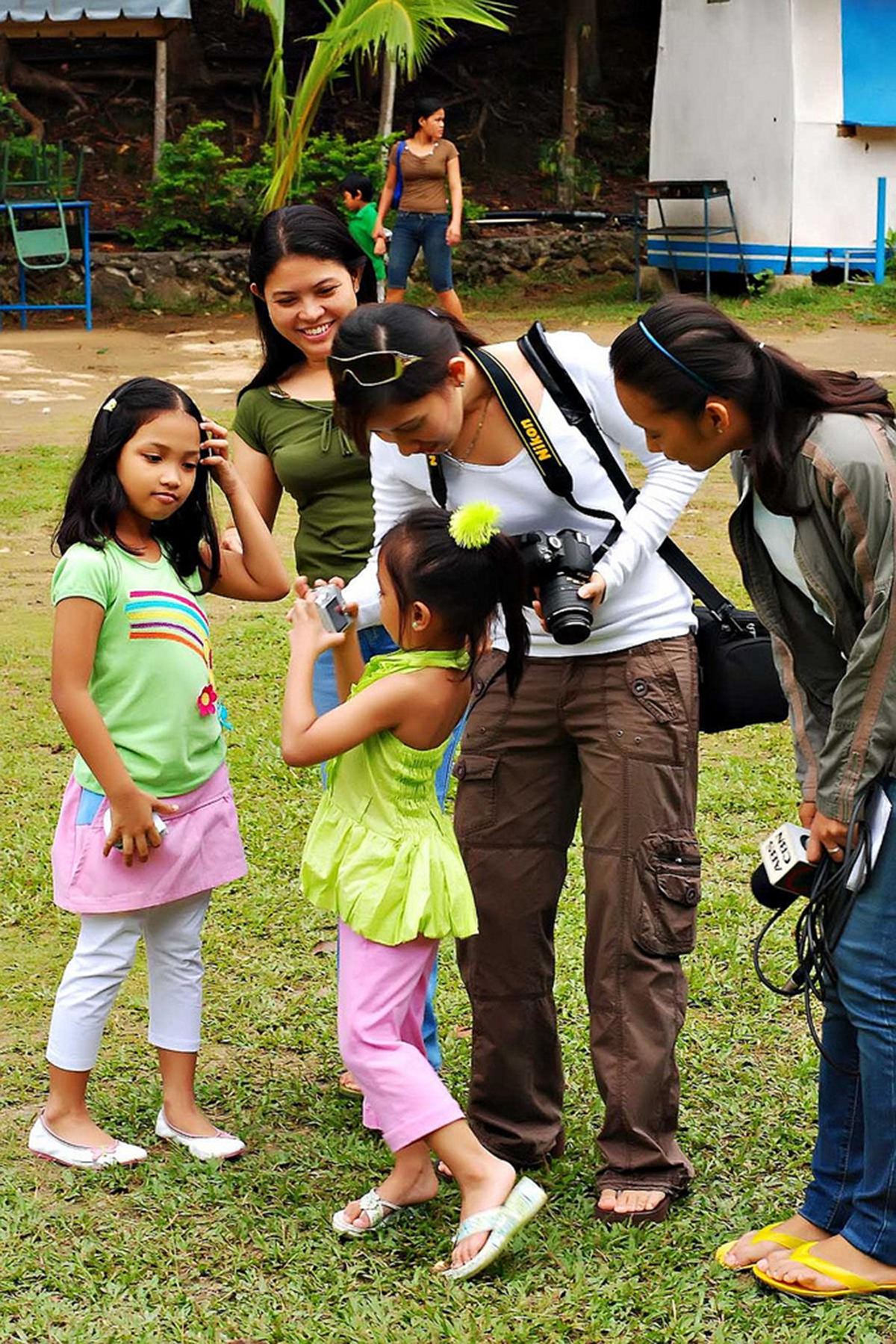
About Autism
Autism represents a serious developmental disorder and is one of the autism spectrum disorders. These disorders occur during early childhood and in many cases start before the age of 3. There are many symptoms and signs of autism. The most prominent characteristic of the disorder is inability of the child to establish proper communication and interaction with people from his/her surrounding.
Children suffering from autism face many difficulties when it comes to social interaction and they also develop language and behavioral problems. The disorder may be so severe that the child simply cannot communicate with people at all. Since the condition features with a variety of symptoms and signs it is not possible to find two children with exactly the same clinical characteristics of autism. Autism usually develops in early infancy (the first few months or years of life).
Children suffering from autism are not capable of adopting and developing adequate social skills, they suffer from problems with language (start talking later comparing to healthy children, may lose acquired ability to say words/sentences, repeat certain words or phrases or speak with an abnormal tone and rhythm). Their behavior also differs comparing to healthy children. For example, such children may perform repetitive movements, develop specific routines and rituals or develop fascination for certain objects.
Even though scientists have not actually identified the cause of autism they assume that the disorder may have something to do with genetics and can also occur due to environmental factors.
Therapy for Autism
Even though there is no cure for children suffering from autism, certain treatments (particularly if they start on time) may help children develop some skills up to a certain extent and improve the condition in general. Patients suffering from autism may benefit from a range of home-based as well as school-based treatments.
The doctor is of major help when it comes to identifying resources that may be beneficial for the child. There are several treatment options that improve the condition. They include behavioral and communication therapies, educational therapies and medicamentous treatment.
Behavioral and communication therapies have specific programs and their goal is to achieve sufficient degree of social, language and behavioral development. The results may be amazing and children can even adopt certain patterns of behavior or learn new skills. Problems with behavior can also be reduced. Educational therapies include specific programs. There is a team of specialists who help the child participate in a variety of activities. These activities improve social skills, communication with other people and may also improve the child's behavior. Even though medications cannot control the symptoms of autism they may be beneficial for children who additionally develop anxiety or those with serious behavioral issues. Antidepressants and antipsychotic drugs are only two groups of medications that may be prescribed to children suffering from autism.
And finally, since such children generally develop additional medical conditions (epilepsy, gastrointestinal problems etc.) these conditions require proper treatment as well.



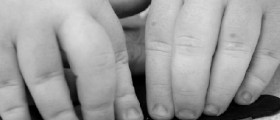
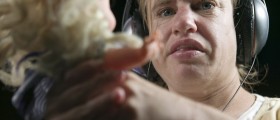

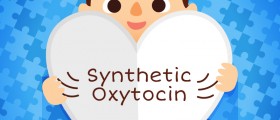



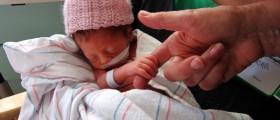


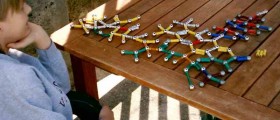
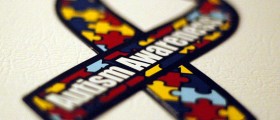

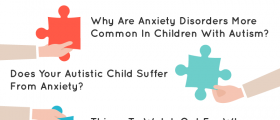
Your thoughts on this
Loading...